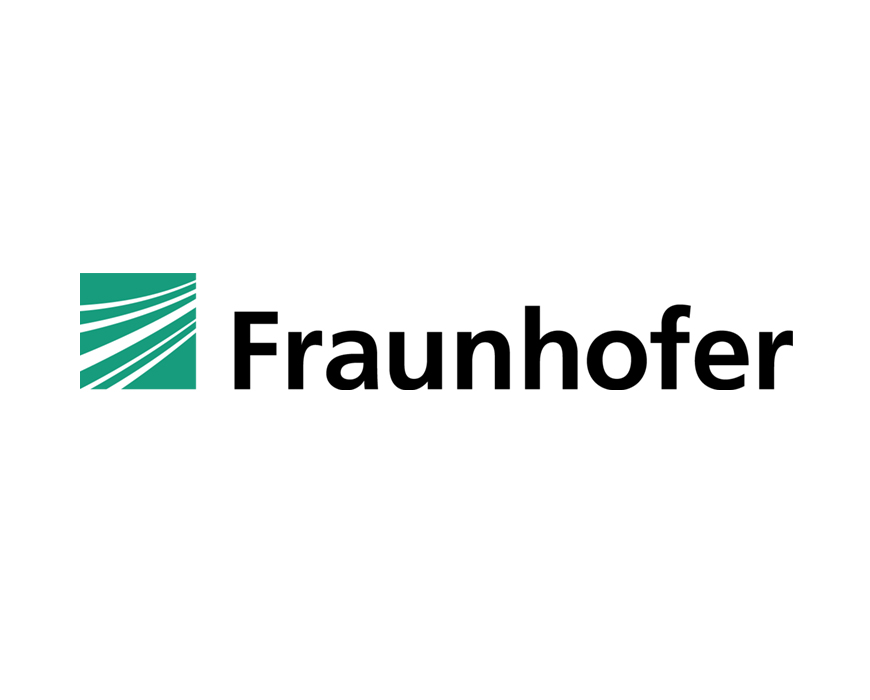At a glance
- A considerable amount of manual work and non-recyclable materials are involved in the production of rotor blades. This results in quality defects, relocation of production facilities to countries with lower hourly wages due to cost pressure in the industry, and the issue of disposal.
- Cycle-oriented, automated production represents a solution, but initial approaches have proved unsuccessful due to high costs and their complex handling.
- In the PREPARE project THERMO-BLADE-SPINE, the scientists are developing technology building blocks for efficient, automated manufacturing processes for rotor blades made from recyclable thermoplastic composites.
- Fraunhofer IWES is responsible among other tasks for the production of an 18-meter-long demonstrator at the institute’s own BladeMaker DemoCenter.
The challenge
Wind turbine rotor blades are complex components which are also critical for the energy yield. At present, they are predominantly produced with considerable manual input – practically by hand. As a result, manufacturers are thus increasingly relocating their production facilities to countries with lower hourly wages due to cost pressure in the industry. At the same time, the high share of manual work causes quality problems. The growing dimensions of rotor blades and the increasing demands placed on their quality and reliability will only exacerbate these problems.
There is also the issue of disposal: it is not currently possible to melt or dissolve the thermoset-based resins which have been employed in rotor blades since the 1980s. As such, recycling possibilities via material separation and material recycling are not an option for these kinds of fiber-reinforced plastic (FRP) rotor blades. However, industry lacks not only the automated production processes required for the cycle-oriented, automated production of components, but also corresponding recyclable materials. The approaches developed to date have proved unsuccessful due to their complex application and the associated high costs.
The solution
This is exactly where the PREPARE project THERMO-BLADE-SPINE comes in. The aim is to develop and scale automated, high-rate production processes based on thermoplastic composites (TPCs). TPCs are characterized by excellent mechanical properties, can be processed and joined in automated processes, and are recyclable, as they can be melted. The CONTIjoin process developed at the IWS is used to build up the spar caps in an automated process using preproduced semi-finished products. The use of innovative thermoplastic composite and sandwich components as well as associated construction methods enables automated and sustainable production and replaces energy-intensive processes. Finally, an 18-meter-long spar cap segment including shear webs will be manufactured in a rotor blade mold available at IWES.
The project coordinator, Fraunhofer IWES, is contributing its experience in the production of research rotor blades and material and component testing to THERMO-BLADE-SPINE. Among other things, the production of the 18-meter-long demonstrator is being designed and implemented at the institute’s own BladeMaker DemoCenter and so-called coupon tests are being prepared and carried out for approval.
The added value
THERMO-BLADE-SPINE aims to deliver the proof that it is also possible to produce rotor blades cost-efficiently and sustainably in high-wage countries by utilizing automation. The project will thus not only deliver an important building block for the goal of a zero-waste wind turbine, but should also enable Germany to reduce its dependency on international supply chains in a strategically important industry.
